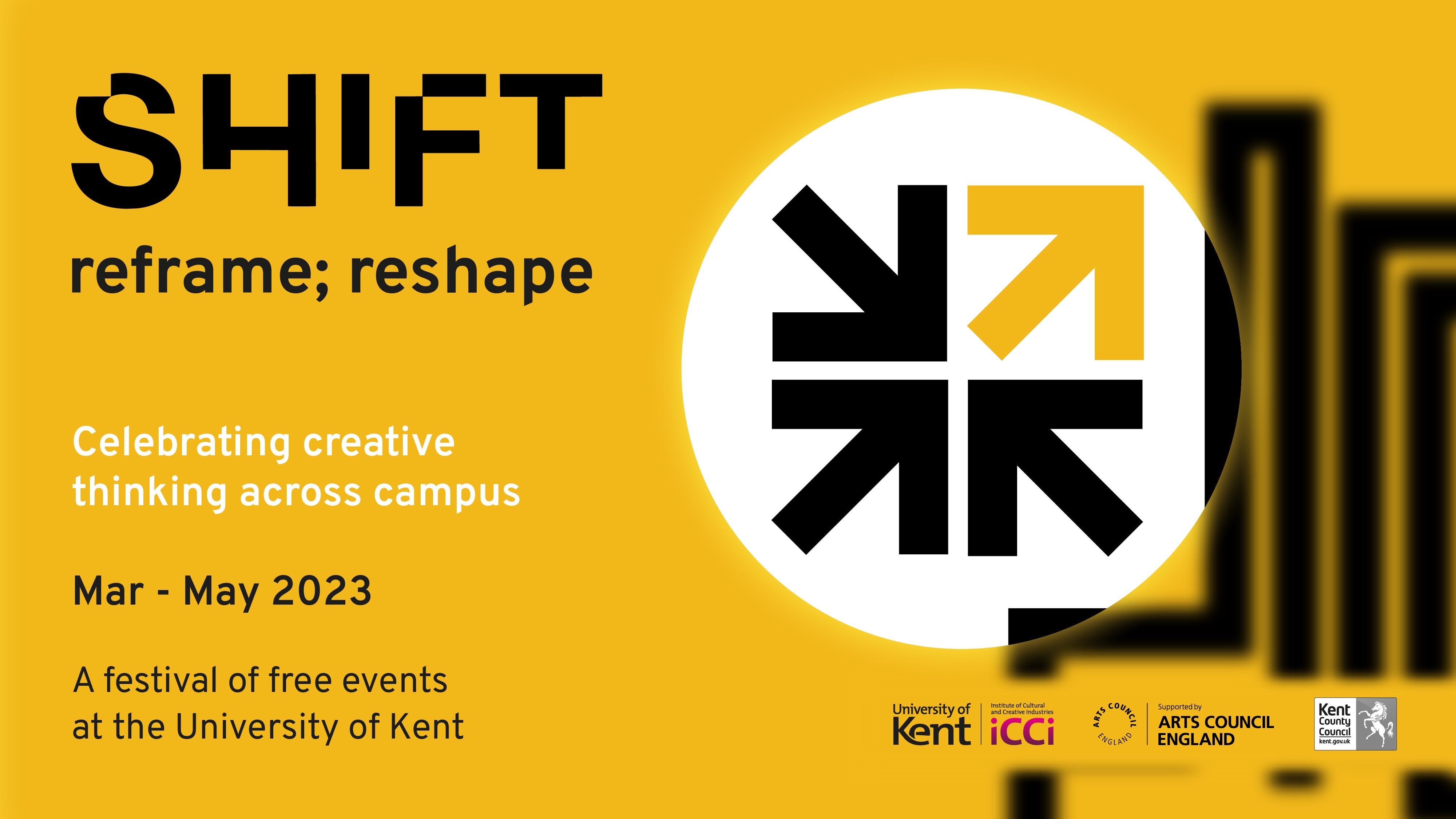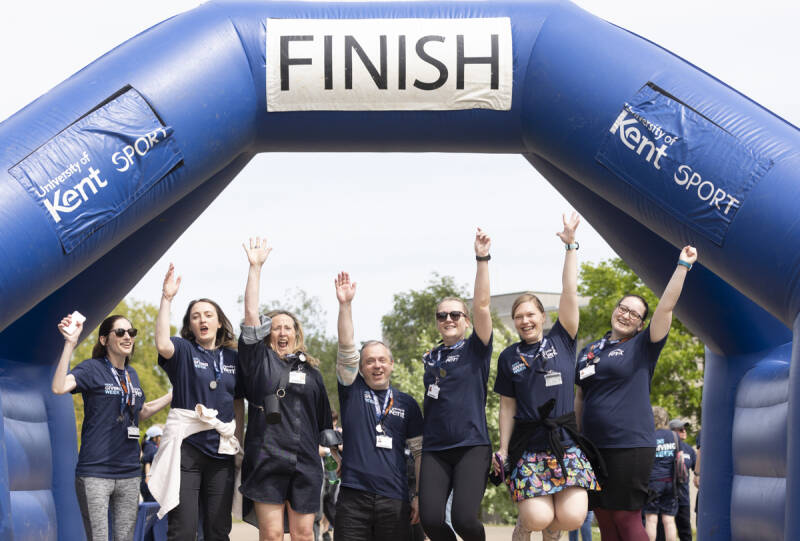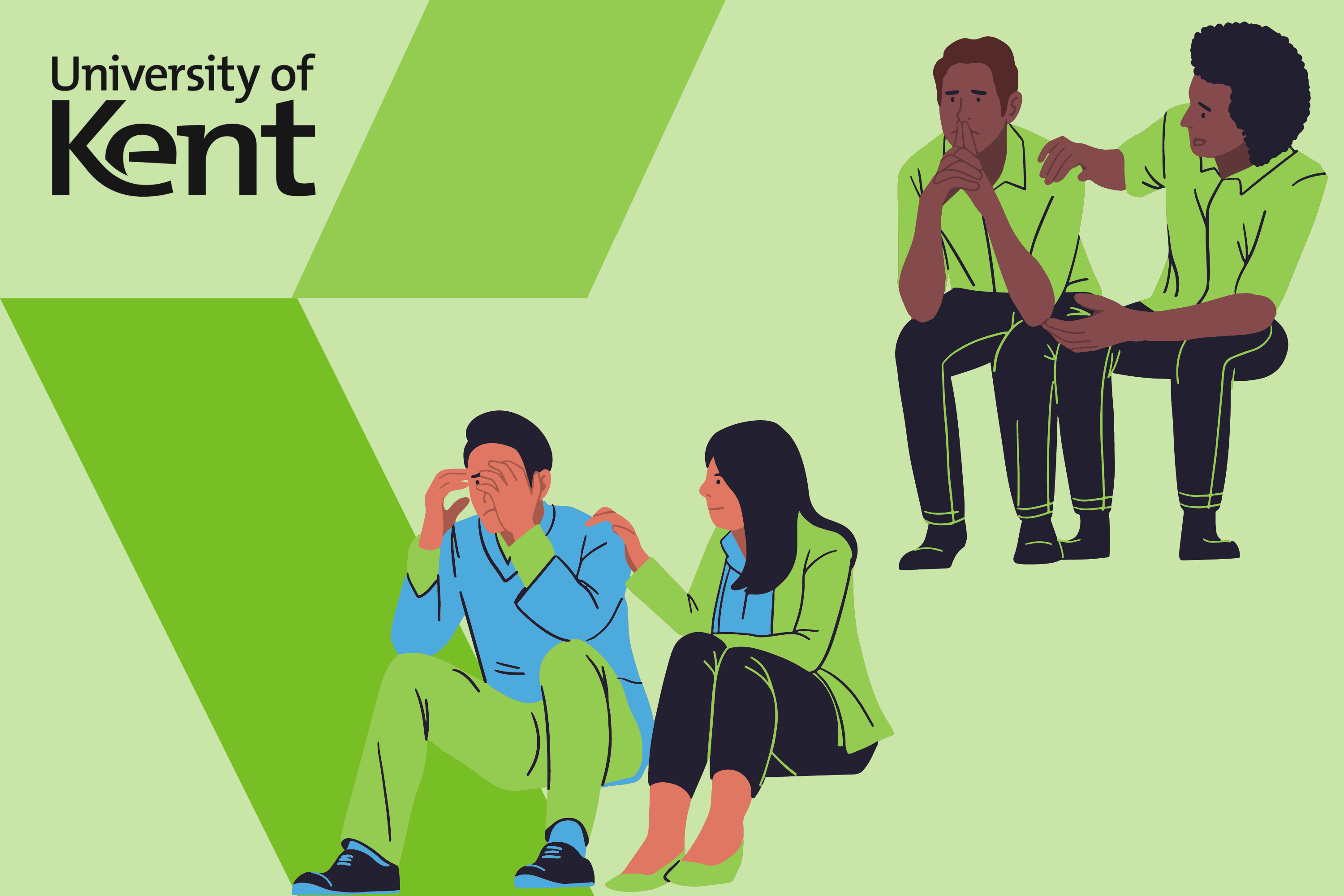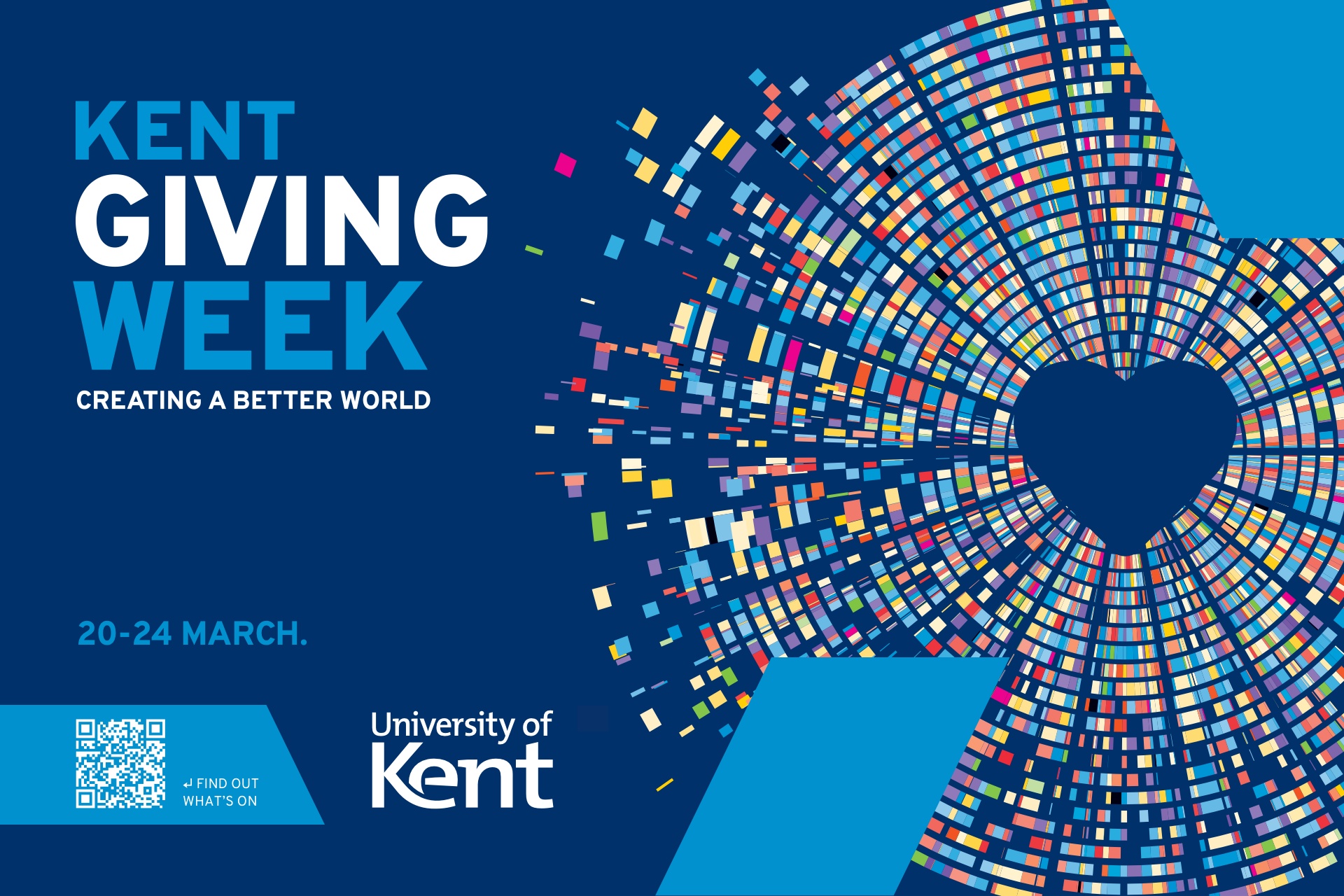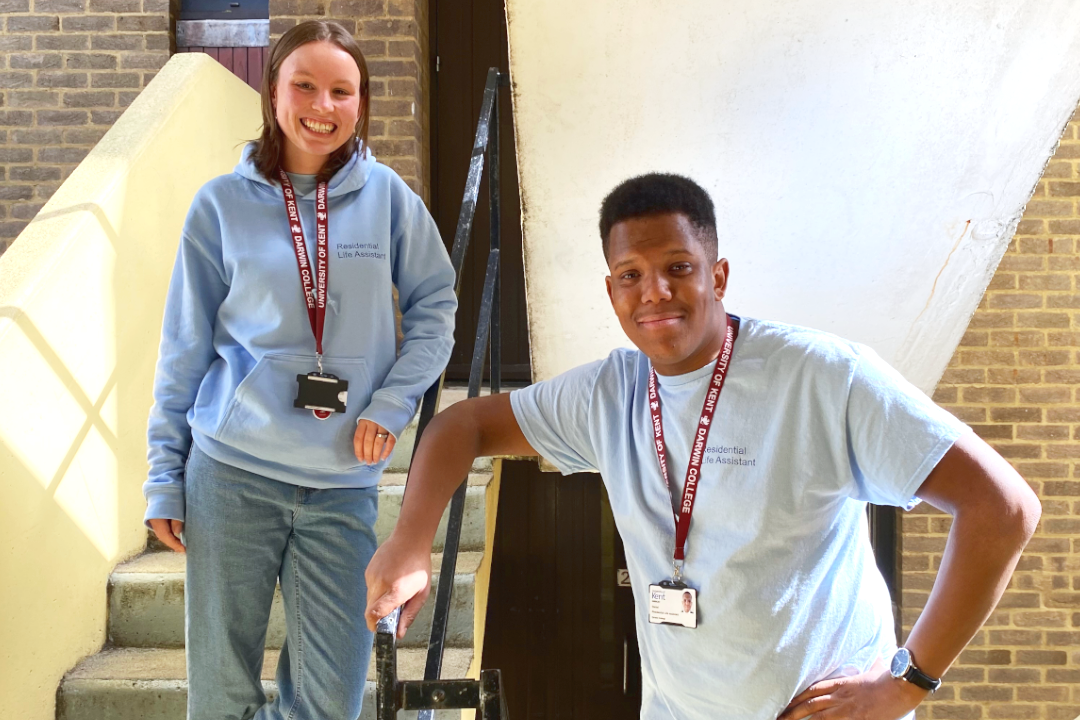When we challenged artist Richard Layzell for his take on the University and the people who work here, his response was SHIFT! A festival that asks big questions, uncovers amazing stories and, by inventing the ‘Flecture’, questions the very essence of our lecture system.
All the events below are free for you to attend and everyone is welcome.
A brand new unique opportunity for you to discover new sounds and take over very special concert venue, with open doors. Bring along your phone with music to share, or just come along to listen to what’s playing, and discover new music together. Come on your own to meet others, or bring your friends. No booking needed, join in at any time during the hour.
Free and no need to book.
Can mountains, rivers and creatures have a voice and be legally protected? What is Ecocide? Can a plant from the campus become the plaintiff in a court of law? Join the discussion with academics and artists in Kent’s atmospheric Moot Court (Widoger Building).
Free but booking required.
This unique, travelling collection of artwork is currently resident at University of Kent, and you can book on to a tour of the collection with Curator Helen Knowles.
Free but booking required.
- Whose Land? on Wed 29 Mar at 14:00
This event exploring the land that the university sits on, its history, and wider issues of land ownership and stewardship. Are some of the fields and hedges still visible from when this was farmland? Are the rooks in Brotherhood Wood and the stinging nettles around Beverley Farmhouse in contact with their ancestors? Is this our land as temporary or semi-permanent residents? Can we feel personally connected to it and responsible for it?
Free and no need to book.
In this Flecture*, Emma Leach will talk about her experience of leading two nightwalks to secret locations in the woods on the University’s campus, one in autumn and one in spring. These nightwalks were created for people identifying as female or non-binary, and were an opportunity to explore collectively the feelings of fear, liberation, calm and transgression that come with being in the landscape after dark.
Free but booking required.
And there is more SHIFT to come in May! Details to follow.
